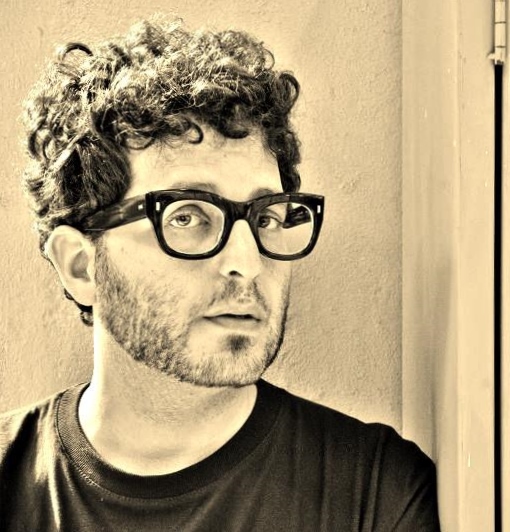Approaching Cinematography Studies
Theoretical and Methodological Frameworks
Keywords:
Cinematography, Cinematography Studies, Film Studies, Media Studies, Festival StudiesAbstract
This article discusses the issues that arise from approaching cinematography from an academic perspective, aiming to demonstrate how the so-called Cinematography Studies may well turn into a brand-new discipline which can provide, nurture, and ensure its long overdue academic consideration. My contribution specifically aspires to establish a consistent framework that provides an interdisciplinary method to apply while considering Cinematography Studies. First off, the essay addresses the various historical calls for such a discipline. Considering cinematography as a collaborative art form, the paper connects cinematography either to style, techno-aesthetics, and technology issues or to the highly innovative notion according to which DoPs would gain the (co)authorship of the movie they work in. The foundation of Cinematography Studies comes then from the inextricable combination of different academic approaches, such as Film Studies, Media Studies, Cultural Studies, and Festival Studies. Eventually, we consider how such an interdisciplinary method, which also relies on the professional network of peers, is required so that Cinematography Studies can bridge academic and filmmaking worlds.

Additional Files
Published
How to Cite
License

